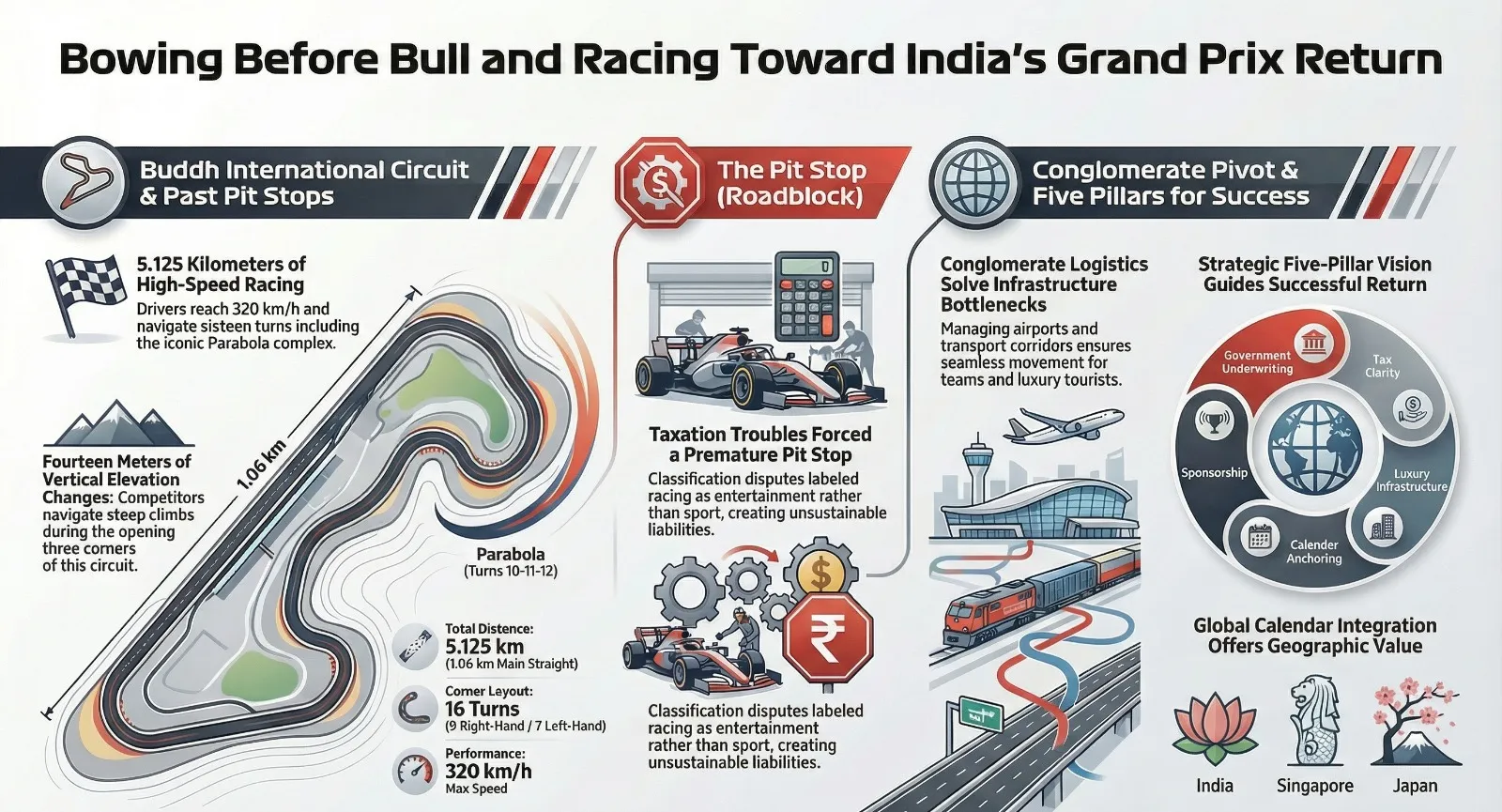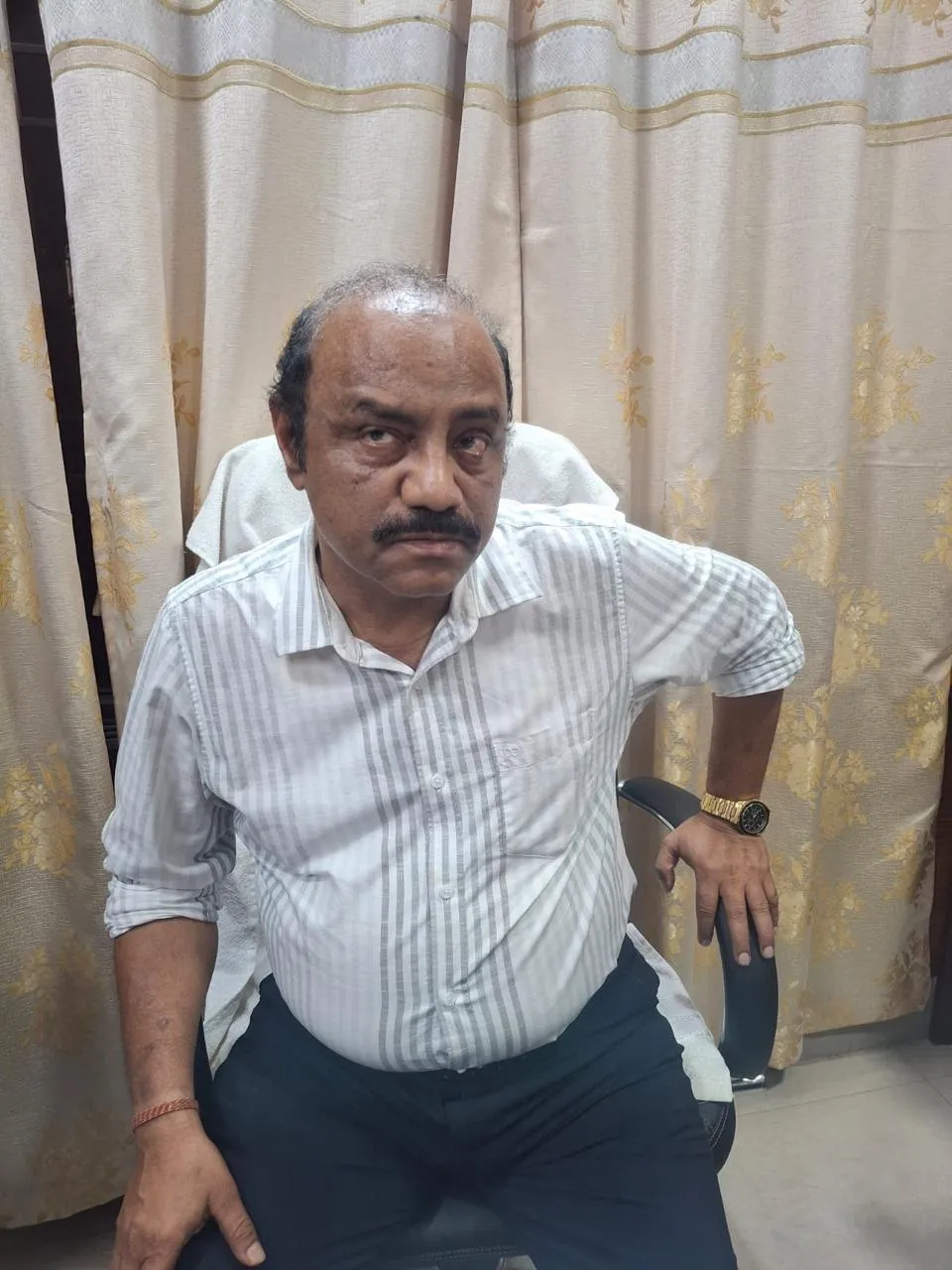

Cuttack, Feb 24: In another case of corruption, a Deputy Director Mines has been caught red handed with bribe, by Odisha Vigilance in Cuttack on Tuesday.
The tainted official has been identified as Debabrata Mohanty, Deputy Director of Mines, Cuttack Circle.
According to the vigilance, Mohanty was apprehended by Odisha Vigilance sleuths today while demanding and taking bribe Rs 30,000 from a businessman( licenced coal vendor) in exchange for allowing smooth running of his coal depot and to grant permission to transport coal.
The entire tainted bribe money has been recovered from his possession and seized.
Following the trap, simultaneous searches are being conducted at three locations linked to Mohanty from DA angle.
In this connection, Bhubaneswar Vigilance PS Case No. 01 dated 23.02.2026 has been registered u/s 7PC (Amendment) Act, 2018 against the accused, read a statement released by the Vigilance.